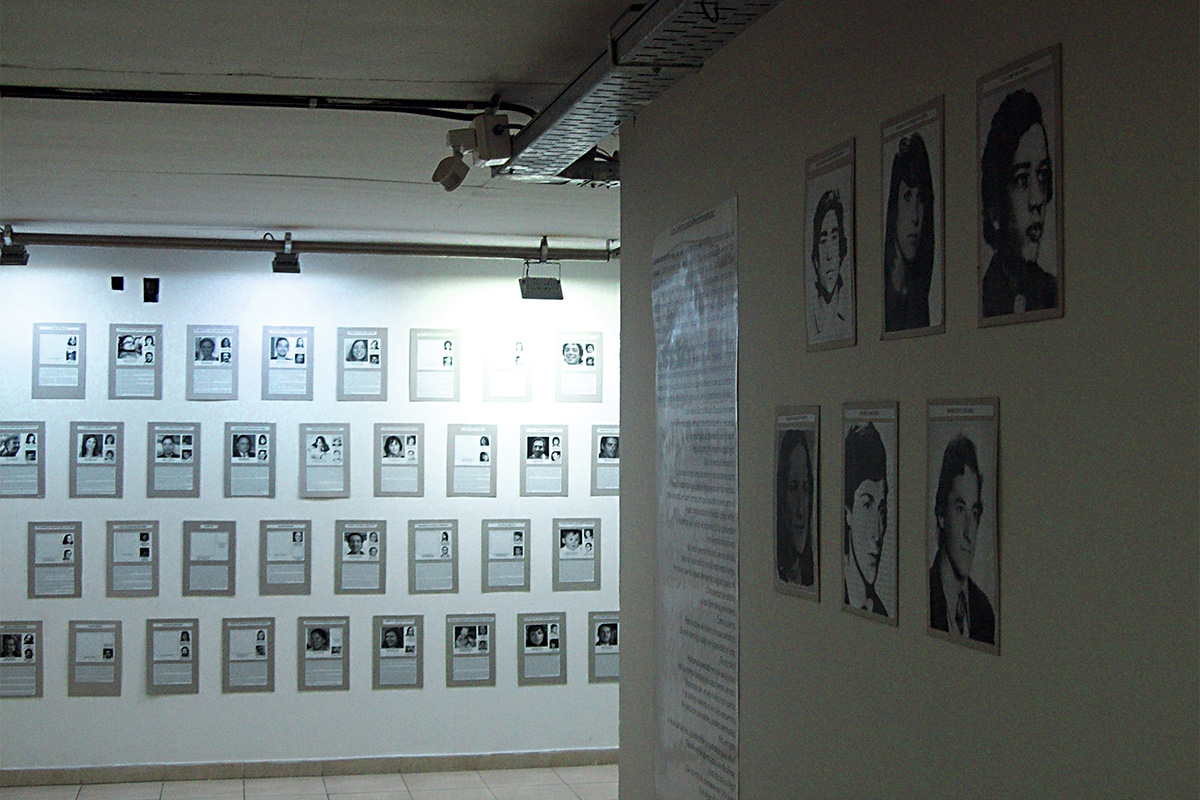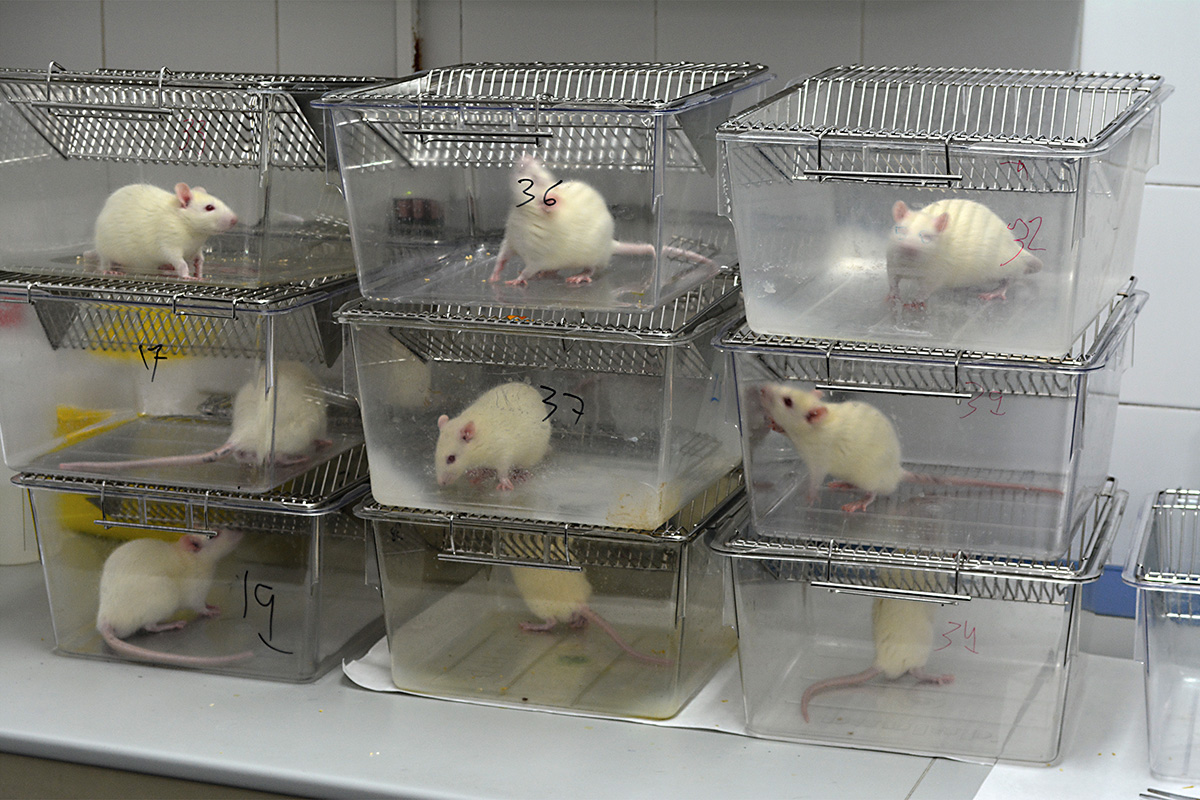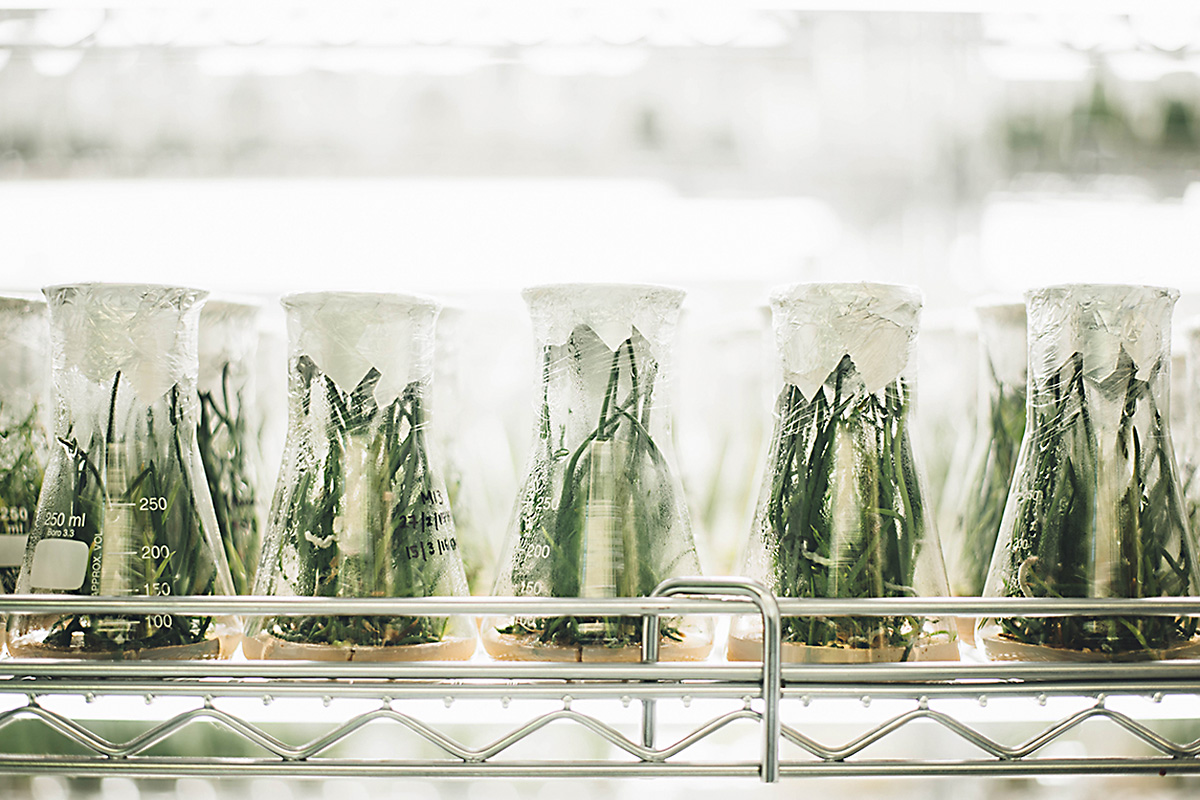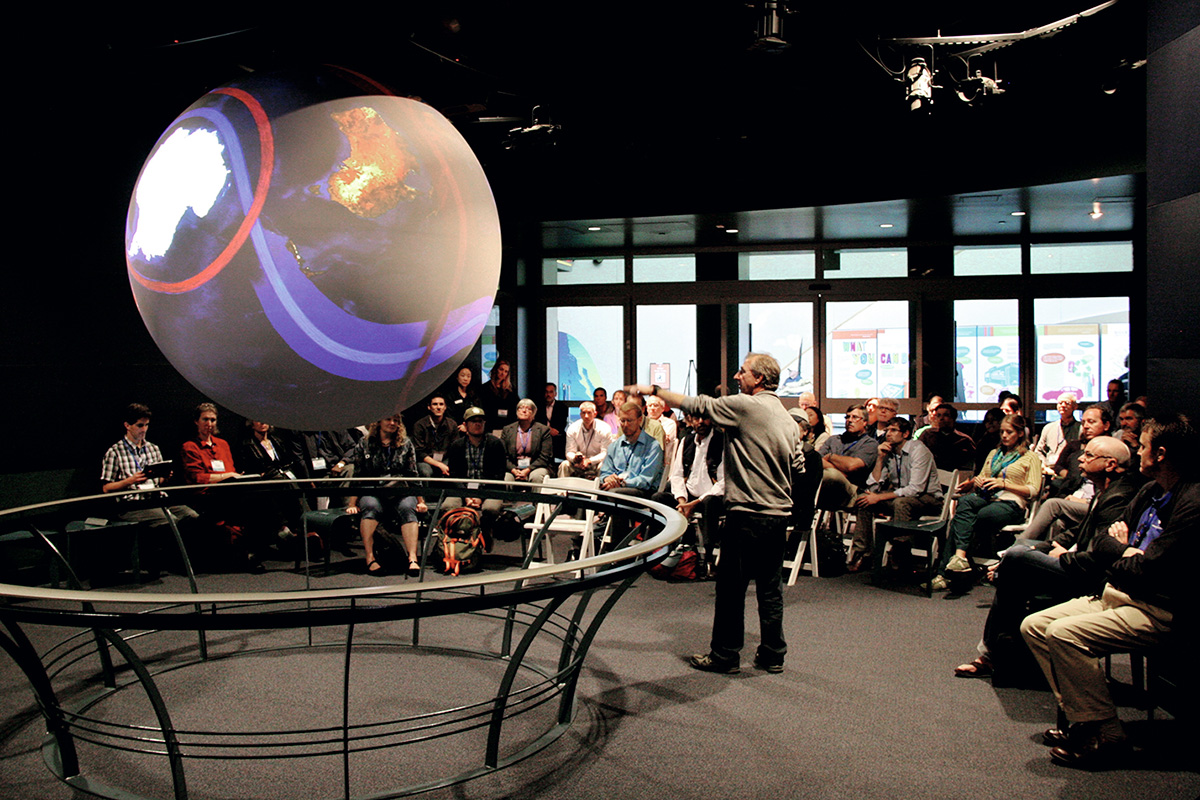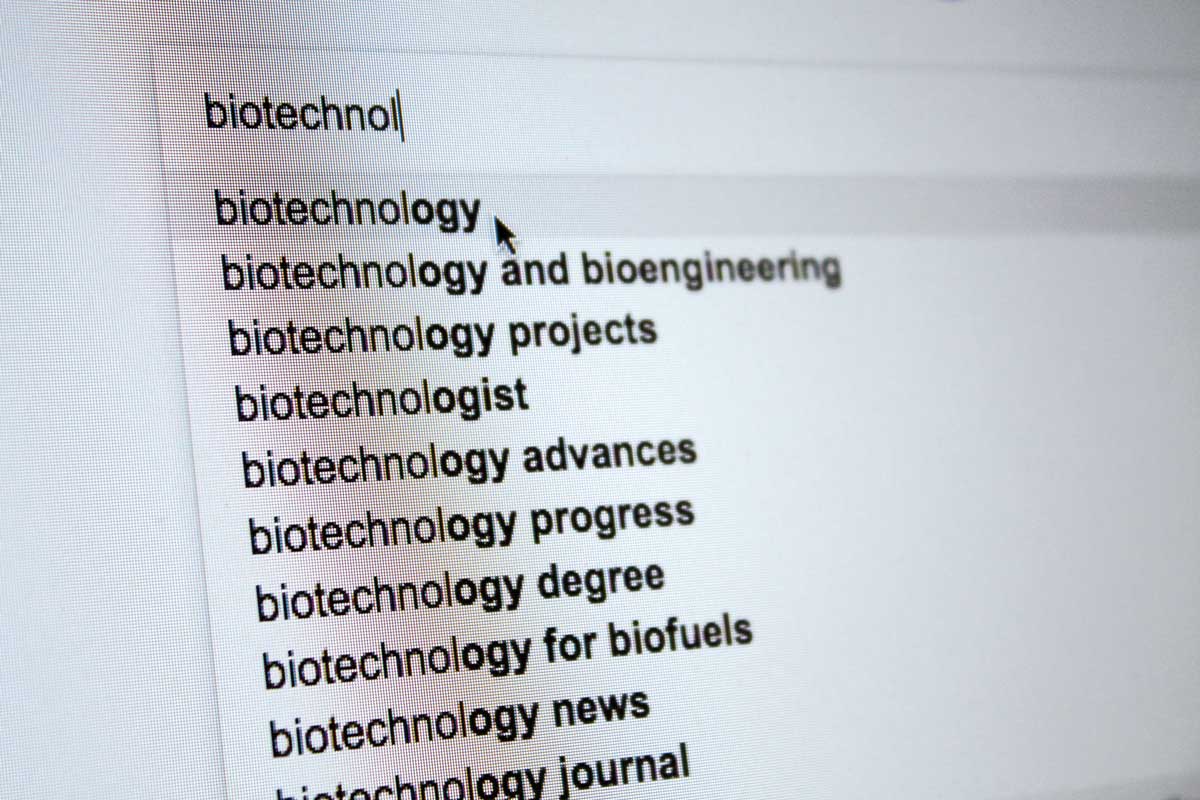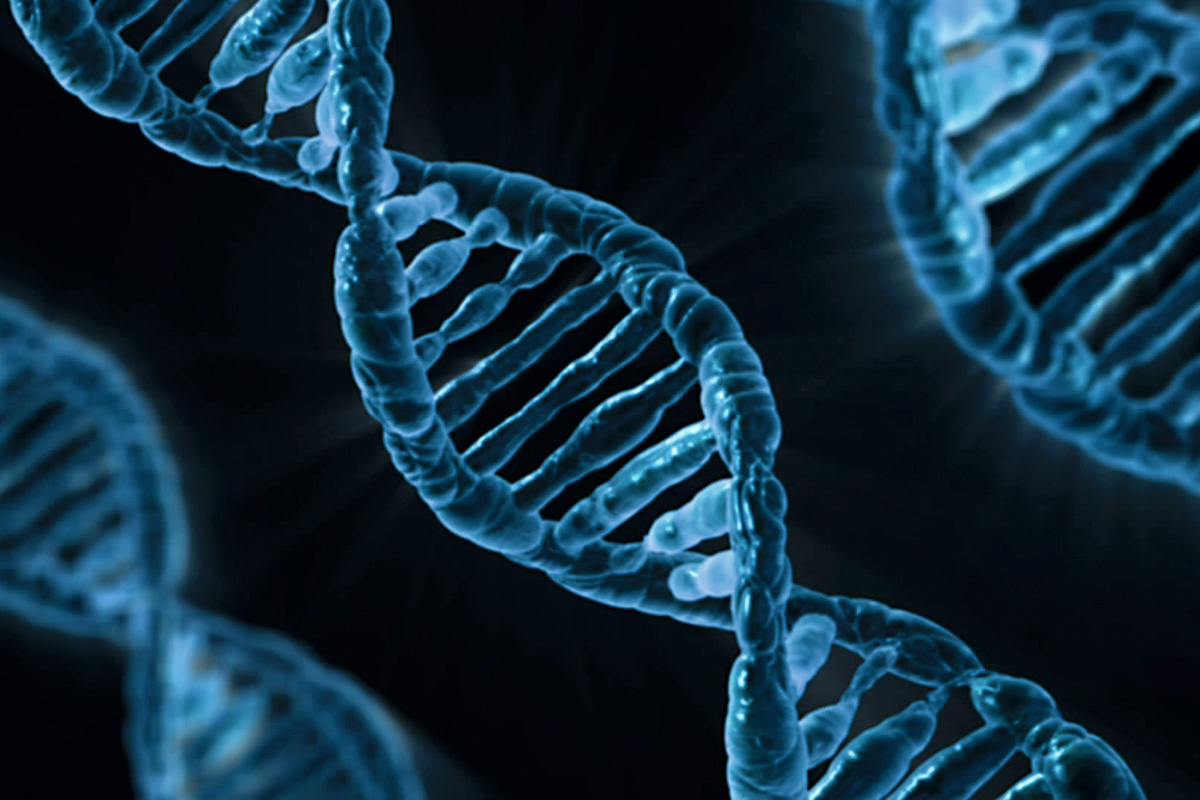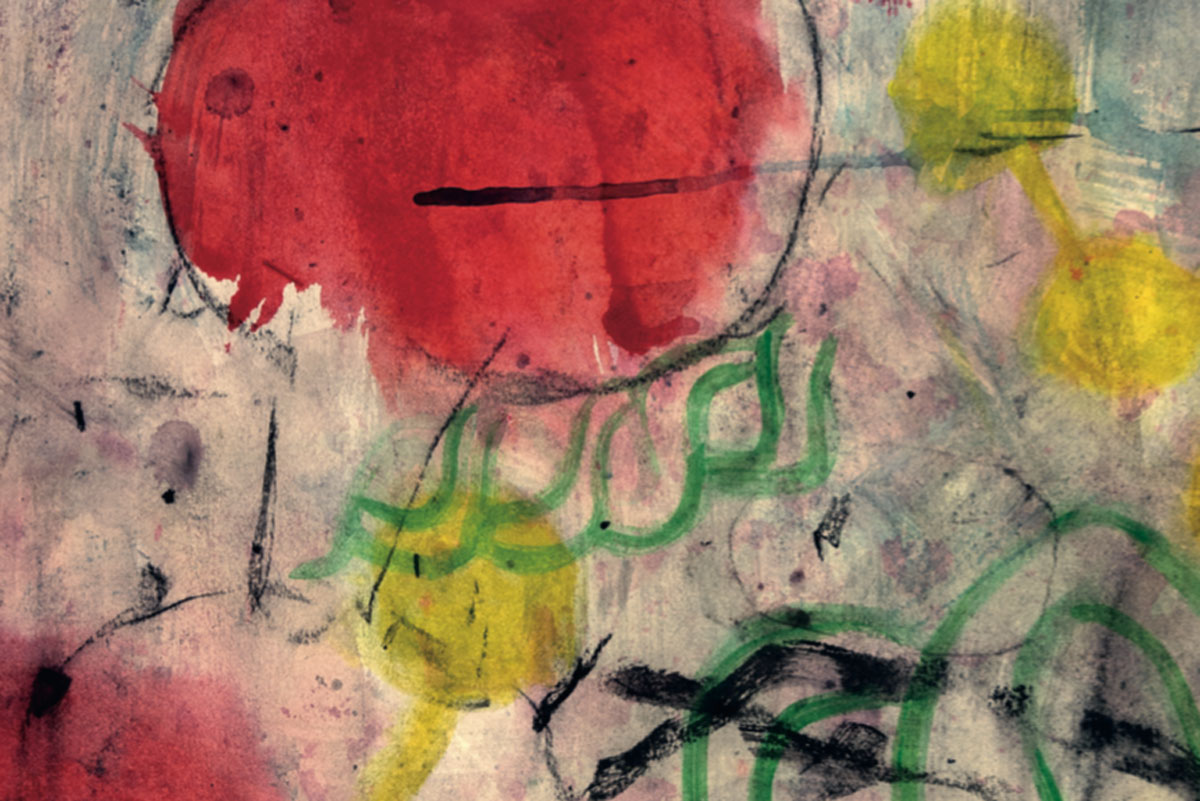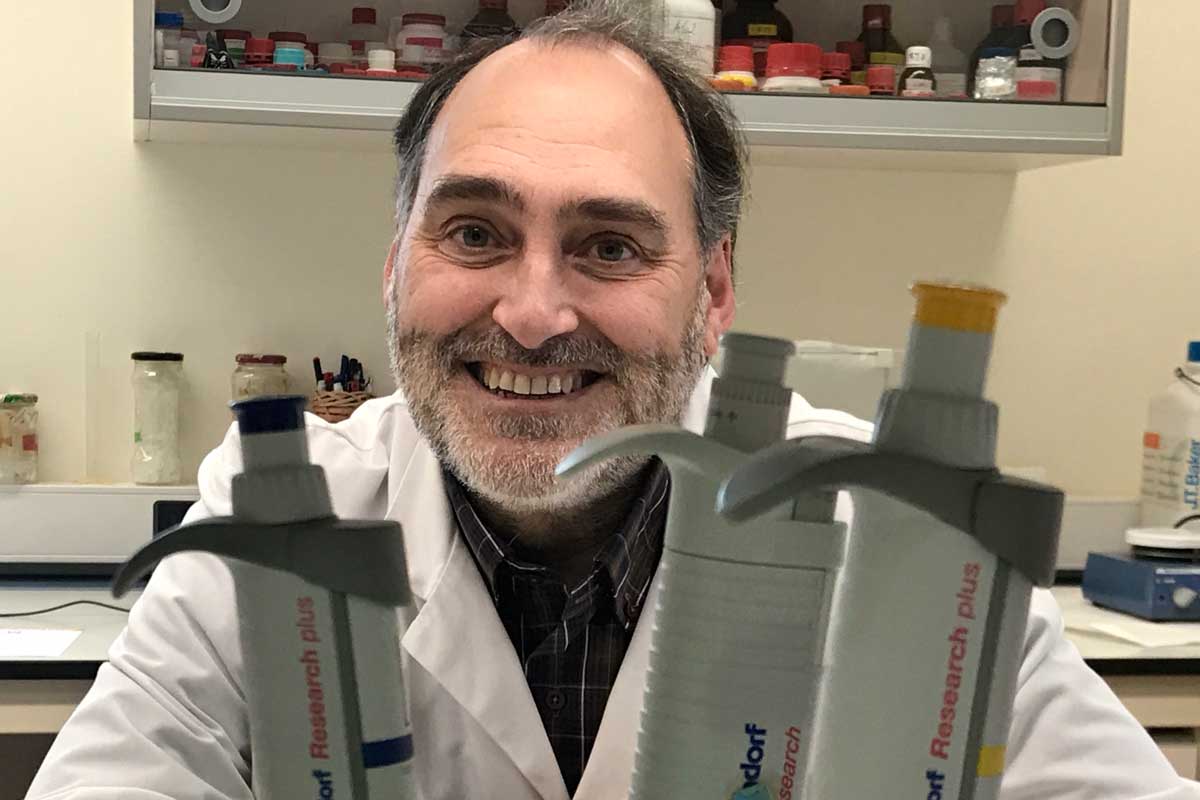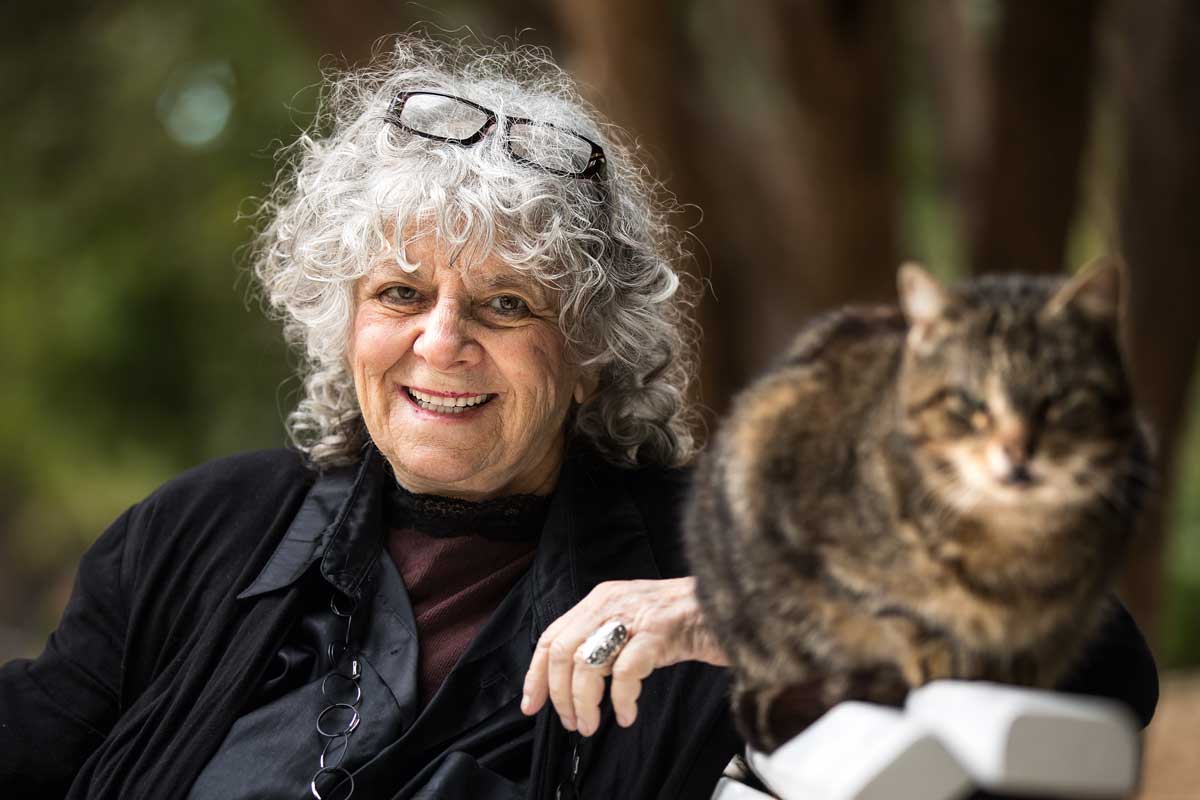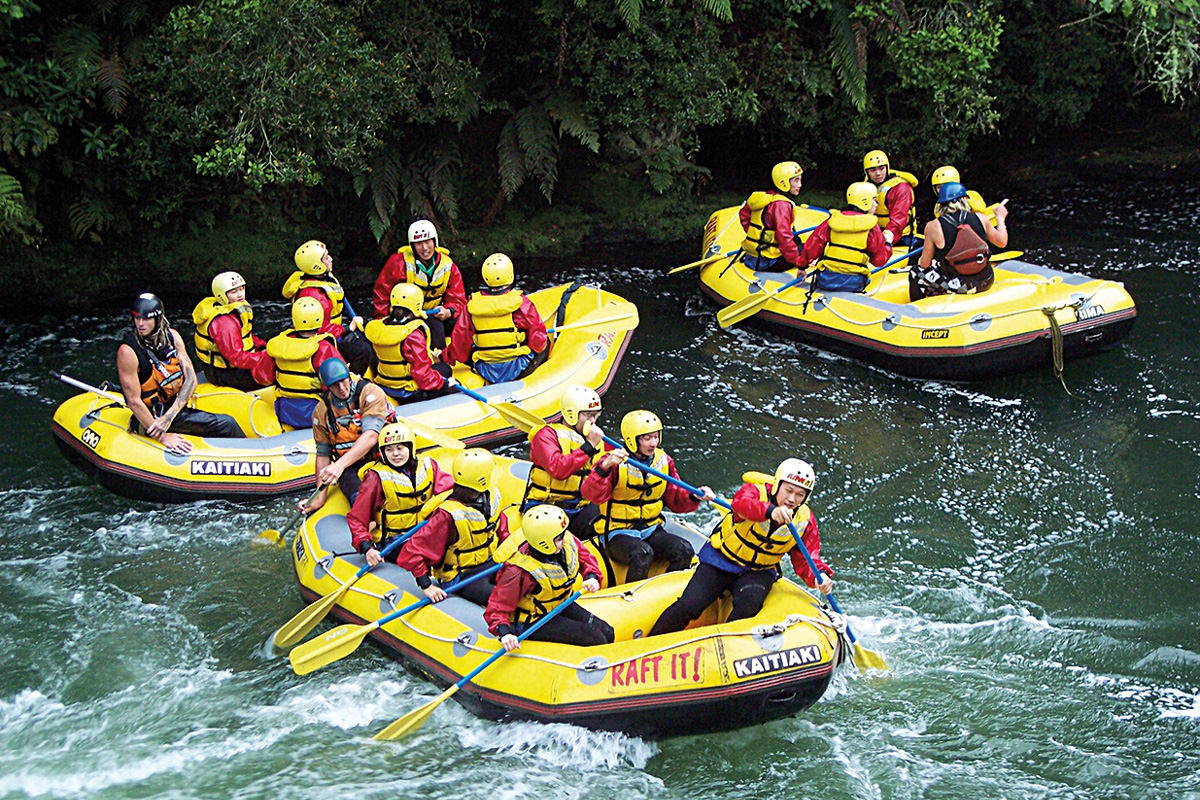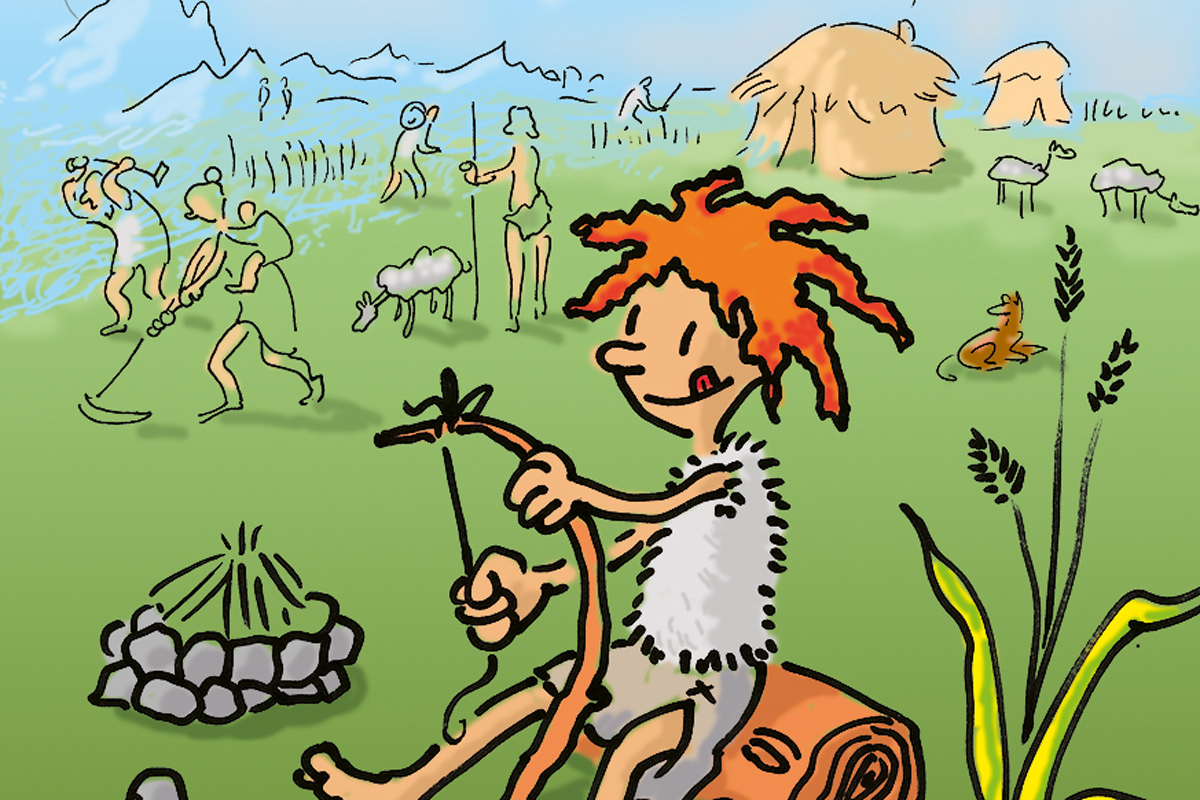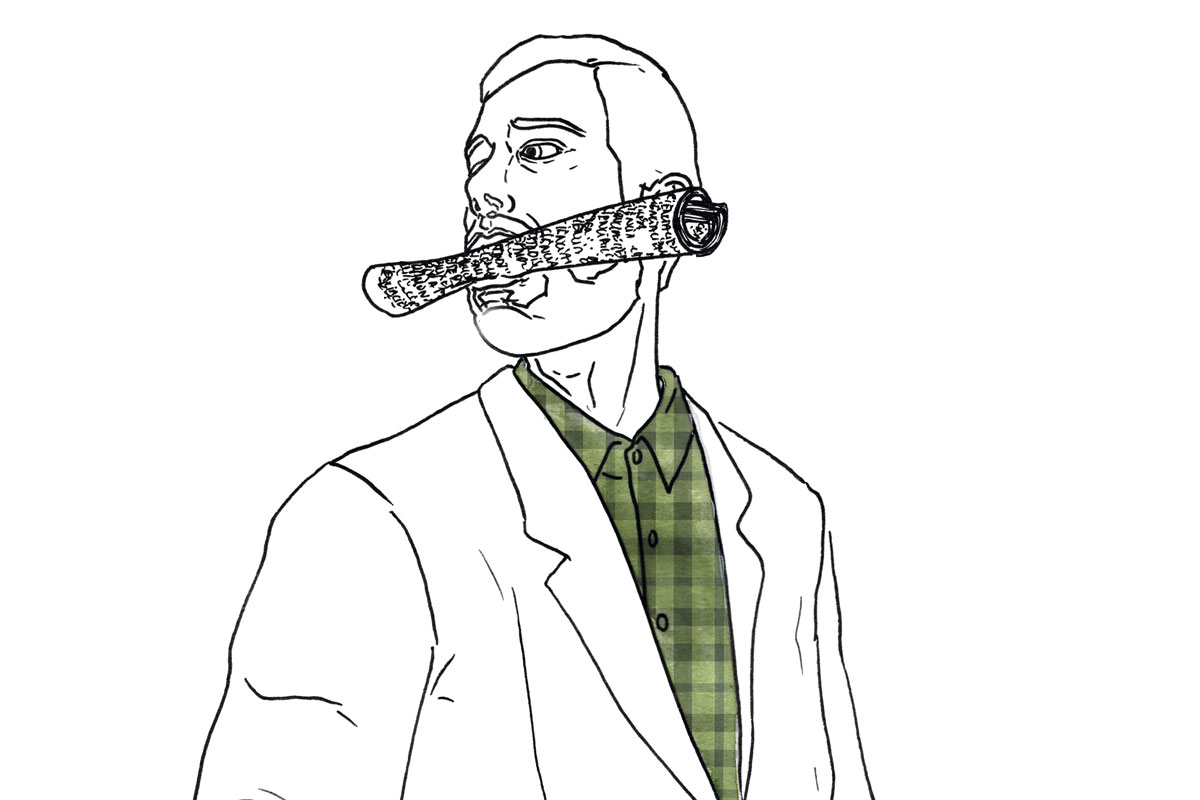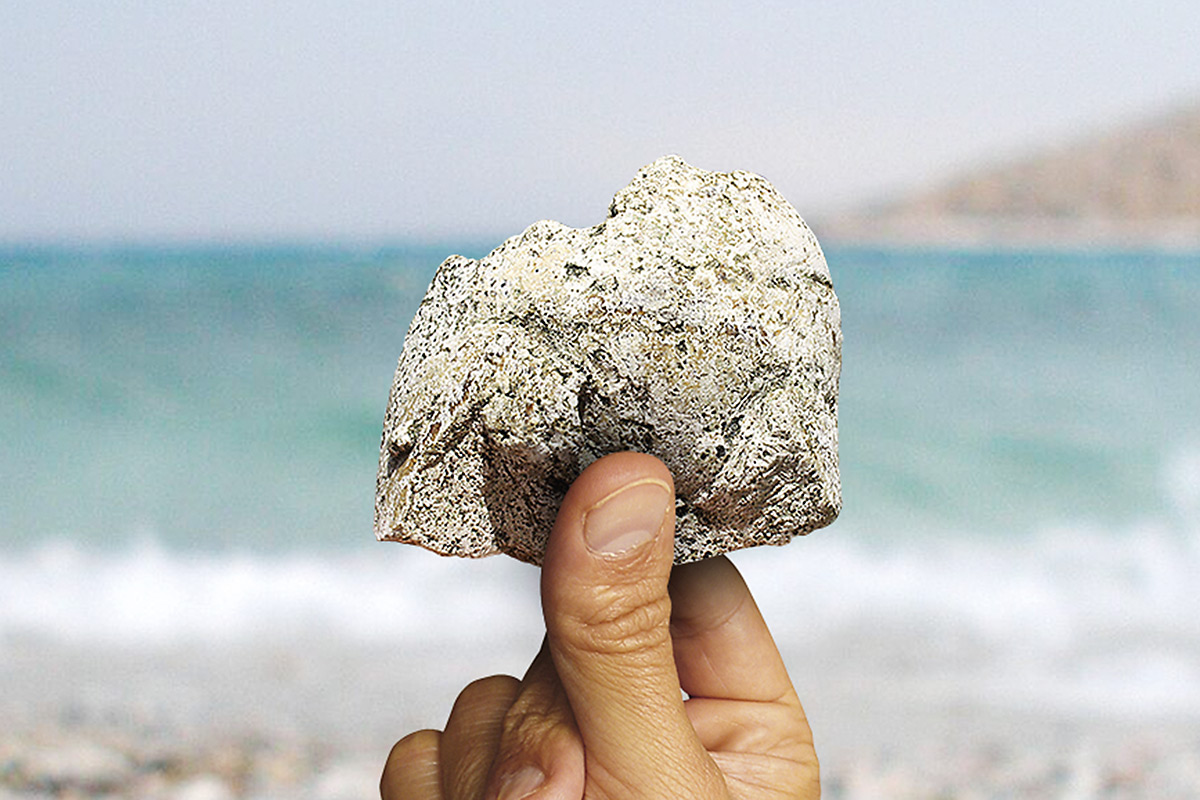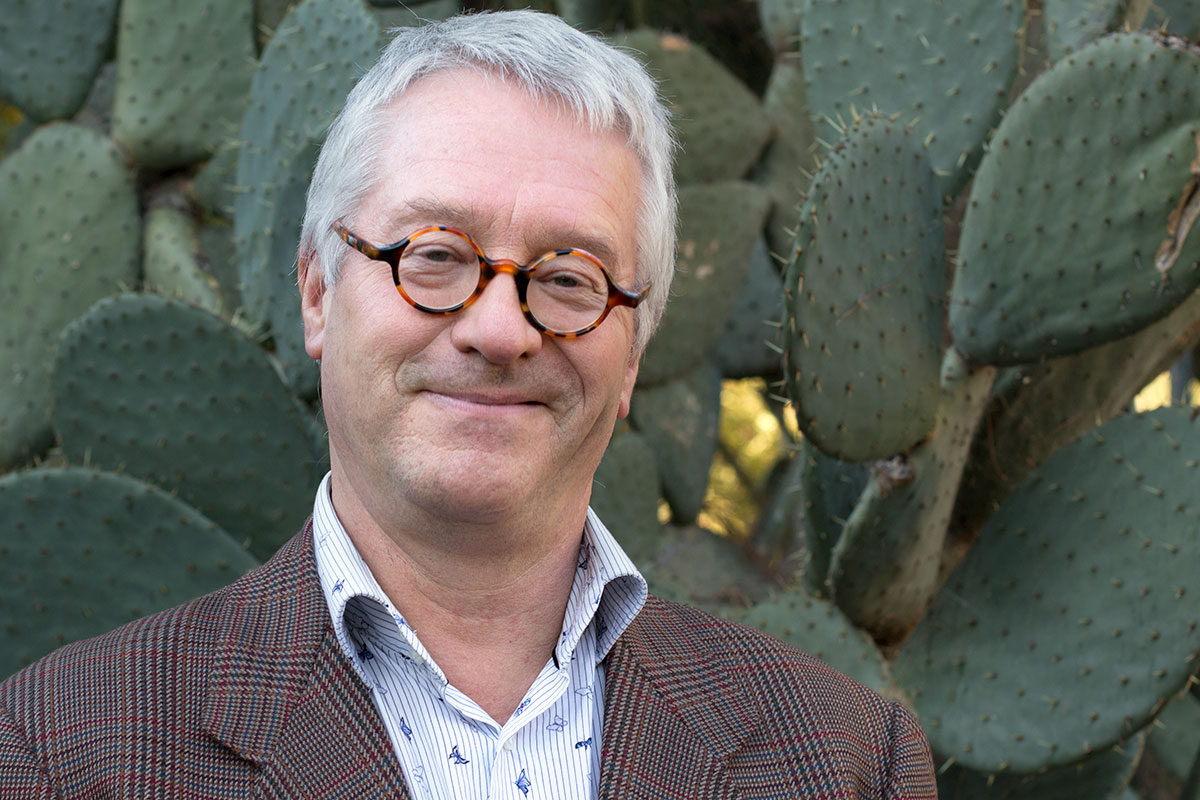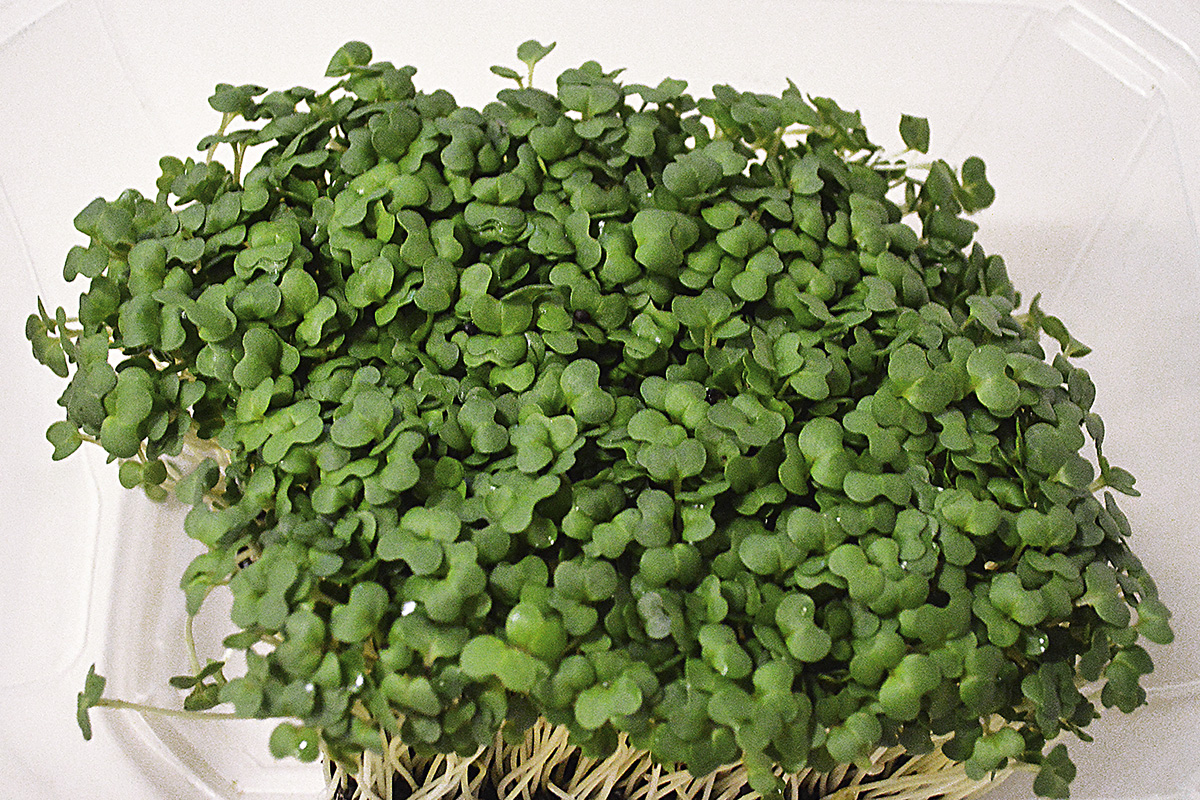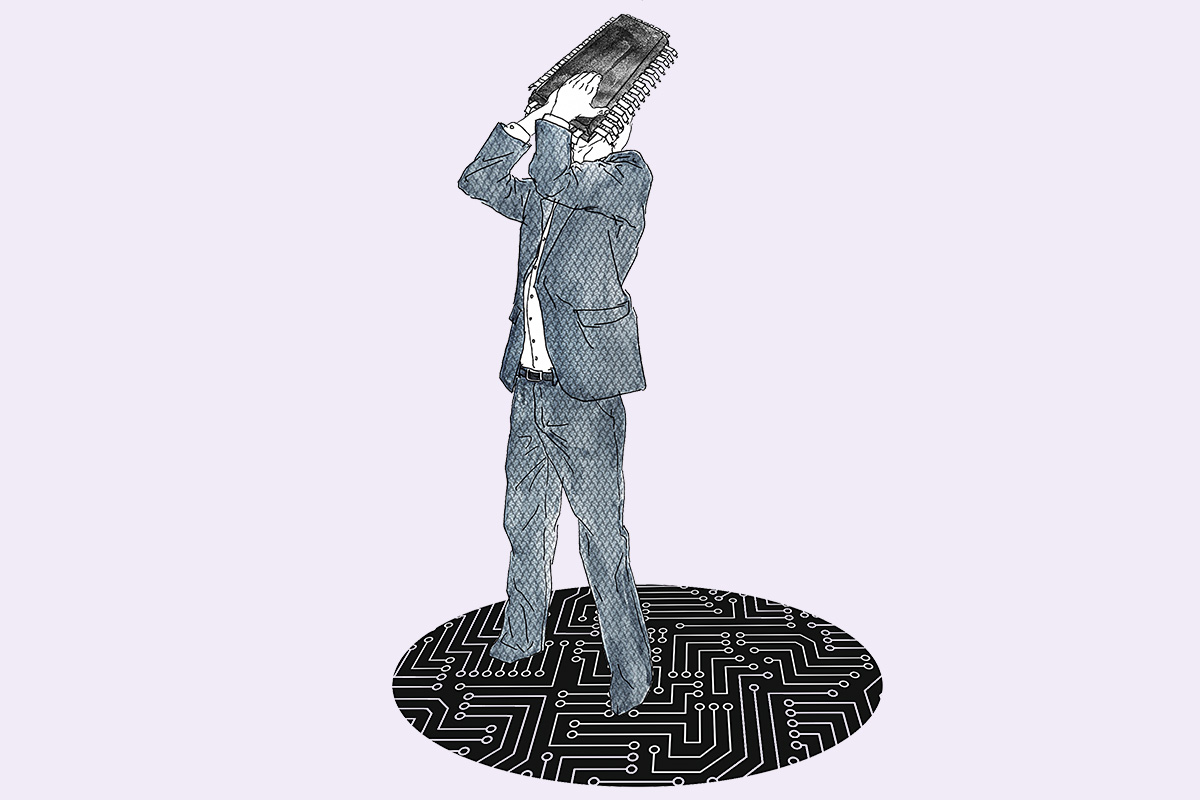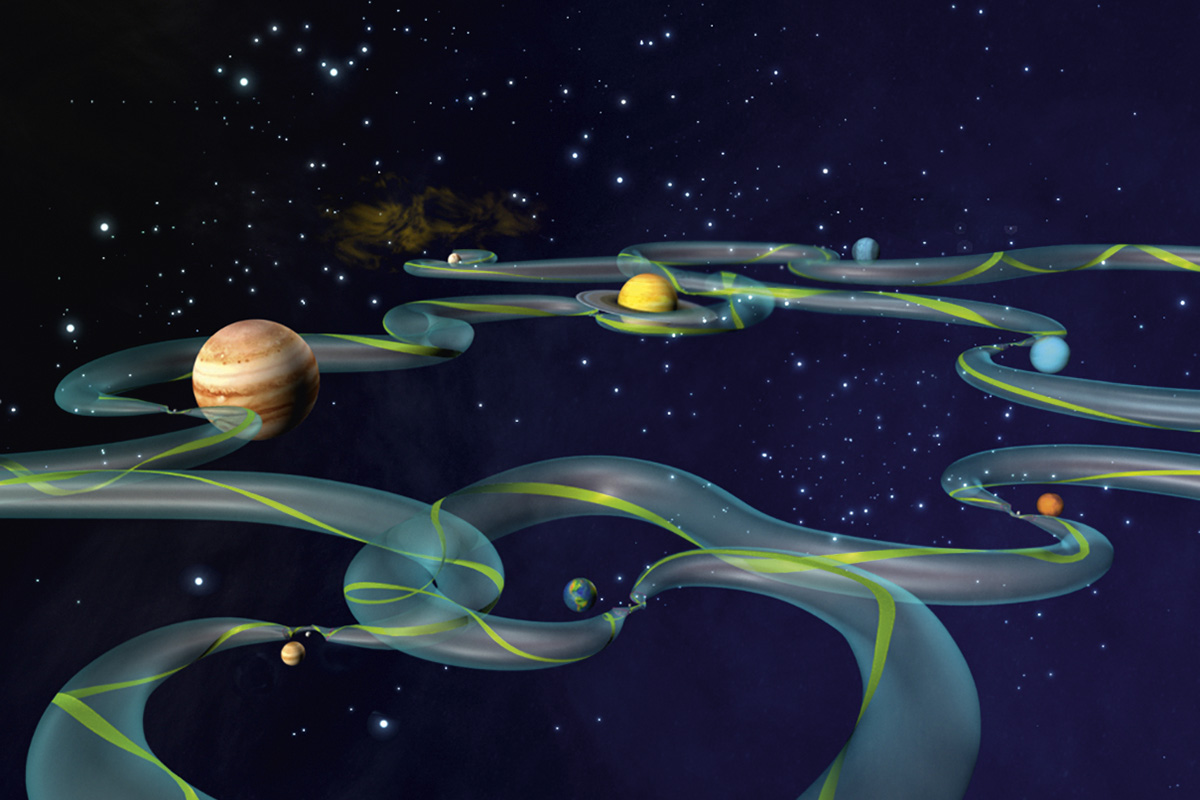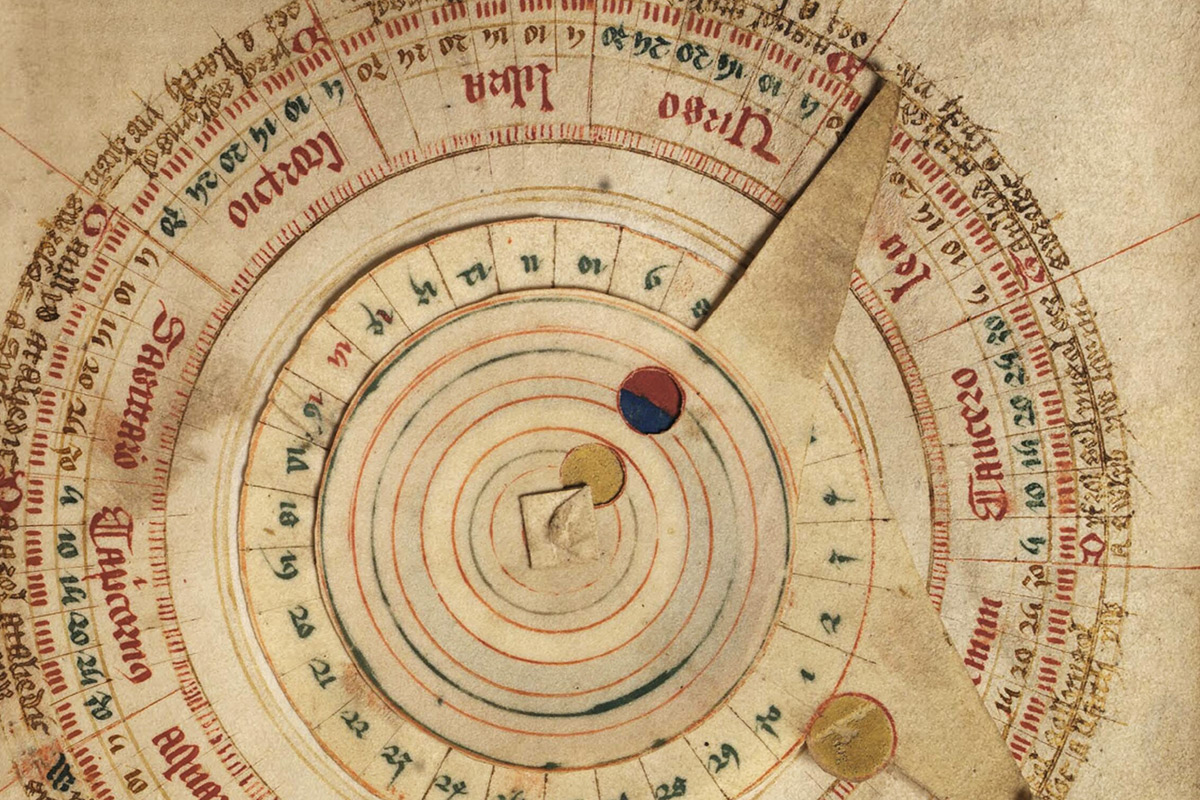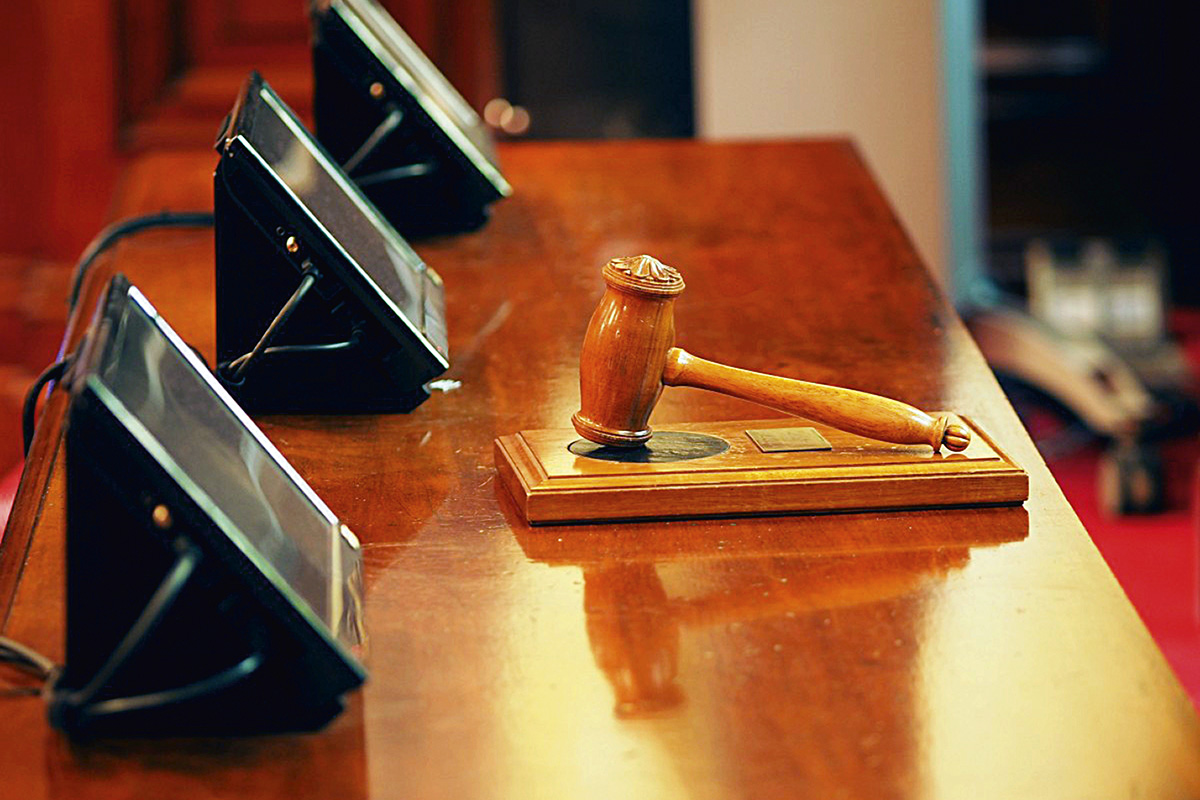Search
Forensic genetics brings together all the genetic knowledge required to solve specific legal problems. In recent decades new techniques have shown the potential of DNA as a profiling system.
Communication is essential in all areas of society, but communication in science is inescapable. Communicating means sharing, showing, teaching, and transferring knowledge both to colleagues and to society in general.
Quality research is – and will always be – one of the hallmarks of the University of Valencia. But, in addition, we believe that dissemination and popularisation can help deepen the exchange of wisdom and ideas, which are the basis of the knowledge society.
We talk about ribosomes, bacteria, and drugs with the Nobel Prize in Chemistry 2009.
In this text we examine the degree of acceptance of these beliefs in high-school science teachers-in-training, among which significant levels of acceptance of pseudoscience have been detected.
Discourse about pseudoscience usually accompanies dialogue about science. Despite attempts to separate the two domains, people still rely on pseudoscientific remedies.

